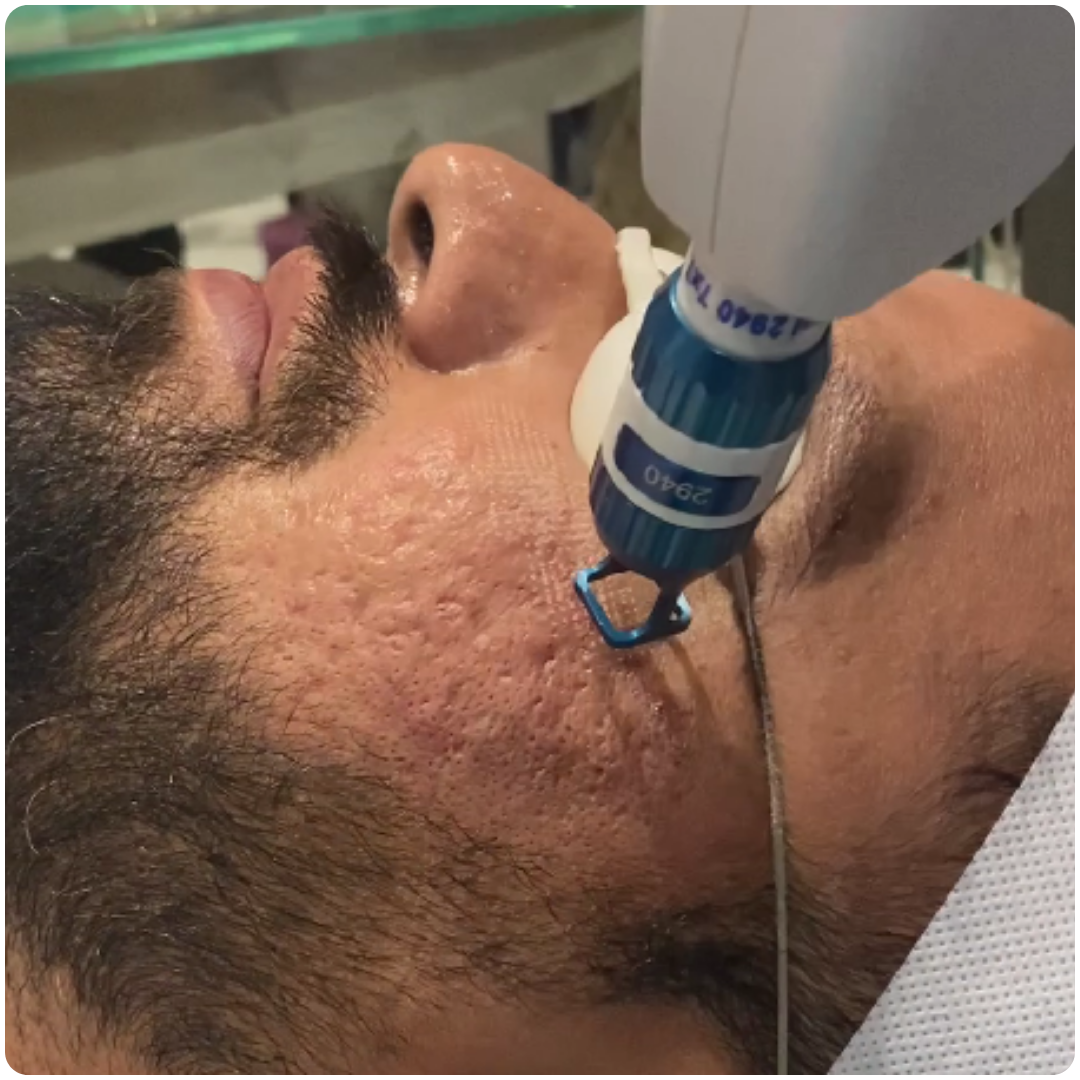Laser Skin Resurfacing
What Is Laser Skin Resurfacing?
If aging, acne, or too much time in the sun has left your face with blotches, scars, wrinkles, or fine lines, laser skin resurfacing may be the genie you are looking for to get your skin to look younger and healthier.
Laser skin resurfacing involves removing skin layer by layer with precision thus obscuring the problem areas. The new skin cells that form during healing give the skin a tighter, younger looking surface.
At Musk Clinic, our experts usually advise getting this done with other cosmetic surgeries on the face to bring about clear, younger, blemish-free looking skin.

It is important to consult your dermatologist and discuss the concerns that you want addressed. Our doctors at Musk Clinic would be able to chalk out a detailed plan of action and would gladly suggest the required procedure to solve your problem.
It is fairly common that laser skin resurfacing can trigger breakouts in people who are at risk. As advice it is vital that you let your doctor know if you tend to get cold sores or fever blisters around your mouth so that laser skin resurfacing doesn’t worsen the condition in any way.
Before beginning your procedure, your doctor will guide you on medications and supplements that you need to avoid such as aspirin, ibuprofen, or vitamin E as these can affect clotting and healing.
It is important to know that smoking can prolong healing. It is advised to stop smoking four weeks prior to the procedure and for four weeks post the procedure.
You would also be prescribed antibiotic medications beforehand to prevent bacterial infections and also antiviral medication if you are prone to cold sores or fever blisters.
This procedure is specifically done by a trained facial cosmetic surgeon or a dermatologist. It’s an outpatient procedure, which means there is no overnight stay.
For small areas, the doctor will numb the areas to be treated with a typical anesthetic. In case only parts of your face are being treated, it would take around 30 to 45 minutes while treating the full-face would take up to one hour.
After 24 hours, you will need to clean the treated areas four to five times a day and then apply an ointment such as petroleum jelly to prevent scabs from forming.
Swelling after laser skin resurfacing is normal. You would be prescribed steroids to manage swelling around your eyes. Sleeping on an extra pillow at night can also ease swelling. You may feel itching or stinging for 12 to 72 hours after the procedure.
Swelling after laser skin resurfacing is normal. You would be prescribed steroids to manage swelling around your eyes. Sleeping on an extra pillow at night can also ease swelling. You may feel itching or stinging for 12 to 72 hours after the procedure.
It is important that you don’t scratch your skin. Five to seven days after laser resurfacing, your skin will become dry and start to peel.Depending on the problem that was treated, healing typically takes 10 to 15 days. Once the skin heals, you can wear oil-free makeup to minimize redness, which usually fades in two to three months.
You will also probably notice that your skin is lighter for a while after surgery. It is essential that you use a ‘broad-spectrum’ sunscreen, which screens ultraviolet B and ultraviolet A rays, to protect your skin during that time.
When selecting a sunscreen, look for one specially formulated for use on the face with a 7% (or higher) zinc oxide content and a sun protection factor (SPF) of 30 or higher. Limit your time in the sun, especially between the hours of 10 a.m. and 4 p.m.












